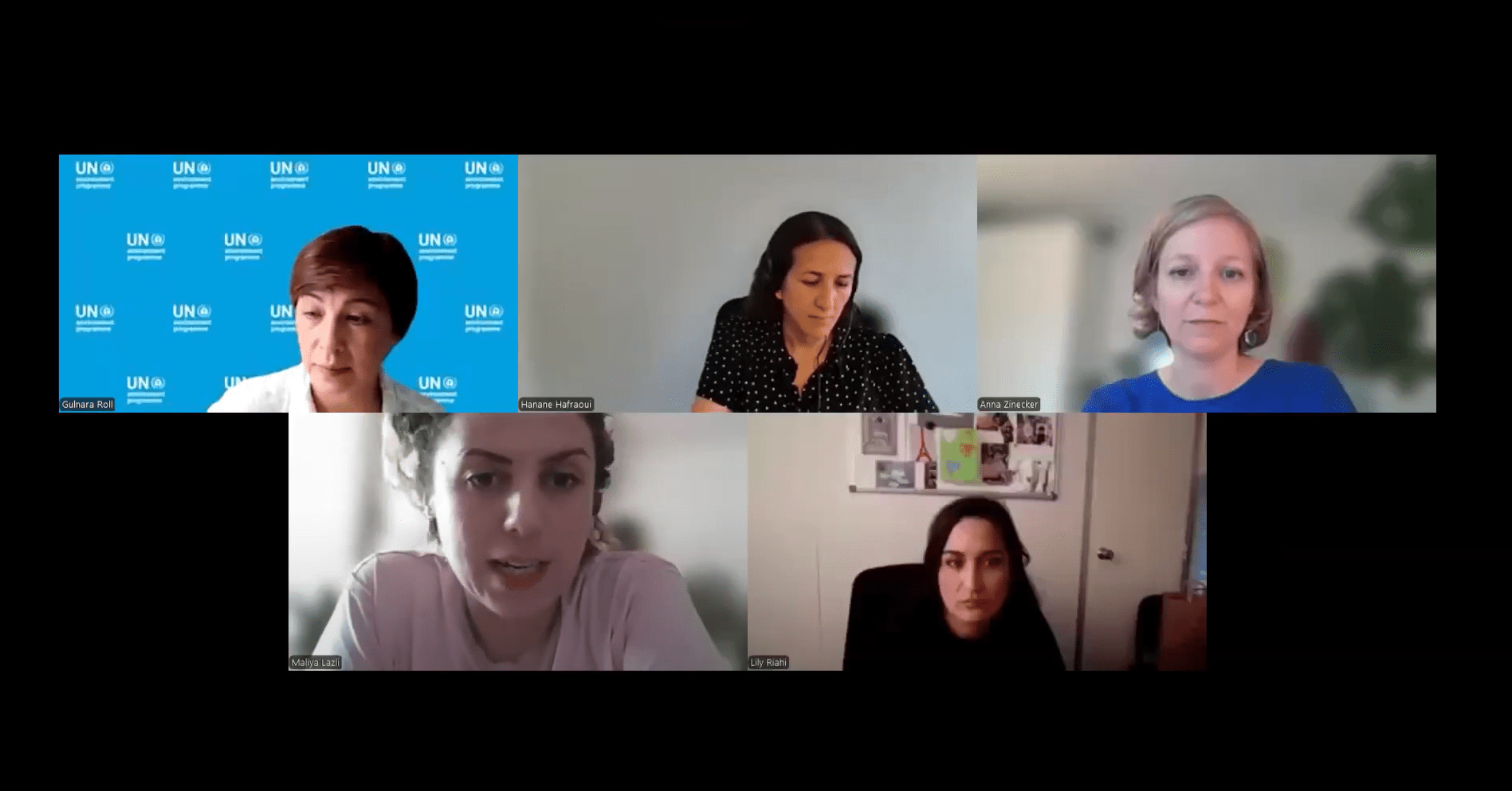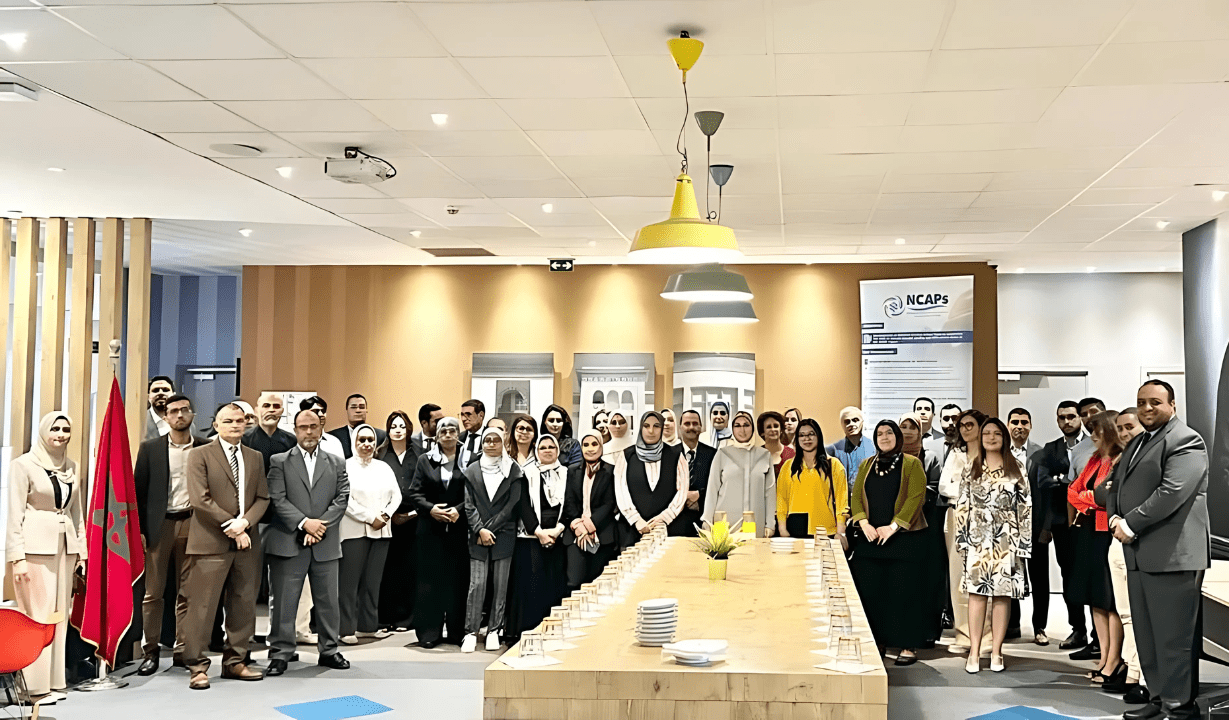Abu Dhabi, 12 February 2020. A recent report by the International Energy Agency (IEA) projected that global demand for air conditioning will triple over the next 30 years because of growing populations and rising prosperity. The world’s population will increase by about 1 billion, reaching a total of 8.7 billion by 2035. Most of that growth will occur in places with hot and humid climates. Urbanization increases demand. Appliances and machinery generate heat and increase the local temperature, creating urban “heat islands” that are much warmer than the surrounding rural areas. In all, these trends will push the total number of cooling units to rise by approximately 57 percent, from 4.4 billion in 2019 to 6.9 billion in 2035. Given these challenges, the IEA has called for increasing the efficiency of traditional air conditioning systems through interim measures such as minimum energy performance standards, better building designs, and stricter building codes. Although improved energy efficiency is necessary, it likely will not be sufficient on its own.
At today’s event, representatives from academia, cities and the private sector demonstrated their leadership in the development of strategies and practices to ‘keep cool naturally’. The introduction of district cooling, passive systems and innovative technologies in urban areas are at the forefronts of cities’ action on cooling. Ecosystem approaches in architecture, nature-based solutions and the introduction of bio-based materials are also shaping the way cities chose cooling options.
District cooling systems and technologies have become widely used in the UAE and are helping reduce the amount of energy used for cooling by around 50%, contributing to the region’s efforts to reduce its carbon footprint. Cities like Riyad and Melbourne are also embracing nature-based solutions to keep their people and the planet school. Saudi Arabia launched an ambitious $23 billion project to create vast open green areas in the capital, Riyadh, including the world’s biggest city park. The Green Riyad Strategy includes the plantation of 7.5m trees and the creation of the world’s biggest park. This will create sustainable communities, drive action against climate change and provide up to 70,000 new jobs. 
By implementing efficient-climate friendly cooling strategies, cities can reduce the demand for cooling, improve air quality and energy resilience. Moreover, “natural” cooling practices have multiple co-benefits: green spaces, roofs, facades and green corridors help protect and restore biodiversity as well as improve air quality and human wellness in cities.
Today’s speakers highlighted the need to kickstart a culture shift from ‘space cooling’ to ‘personal comfort’ in the development of cooling strategies. Circular economy approaches and changes in enshrined practices and user’s behaviour are fundamental parts of efficient, climate-friendly cooling efforts. This must include the development of specific targets and regulations to help public and private companies to plan a shift to efficient-climate friendly cooling.
There is a clear need to scale-up current initiatives in cities to maximise the effect of current efforts. Multi stakeholders’ partnerships like the Cool Coalition, are fundamental to showcase best practices, provide tangible examples, and create a global movement for efficient-climate friendly cooling.
Designing Cooler Cities – Keep Cool Naturally, an official side event of the 10th World Urban Forum moderated by Souad Jamal Al Serkal, took place on 12 February and included the following speakers: Ms.Naomi Keena, Director of Research and Engineering, Yale Center for Ecosystems in Architecture; Mr. Antonio Di Cecca, Head Asset Management – District Cooling Middle East, South & Central Asia and Turkey; Mr. Pekka Huovila, Coordinator, One Planet Sustainable Buildings and Constructions Programme ; Ms. Yvonne Lynch, Strategic Advisor, City of Riyadh; Martina Otto, Head Cities, United Nations Environment Programme.



